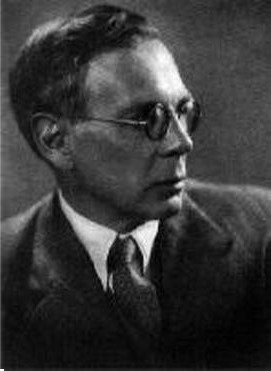I believe it’s common for Christian pastors and ministry leaders to say believers don’t need to learn more about the Bible as much as they need to apply what they already know. Maybe it’s only common in South. I’ve heard statements like this many times, and they’re good so far as they go. People who know Christ Jesus is risen and will come again in the flesh, who know to seek first his kingdom and not to worry about other concerns, who have passing familiarity with the fruit of the Spirit, may just need to apply what they know to their daily decisions.
But if that’s the case, why do these pastors continue to preach?
There are many reasons to continue to preach. Let me offer one reason that pushes back on notion that we don’t need more Bible knowledge, just more Bible application. Good preaching and teaching can make connections people haven’t, and maybe can’t, make for themselves. This is often the missing piece. It isn’t that church congregants aren’t familiar with biblical principles. Of course, they may not be, but familiarity doesn’t change the heart without reflection. We naturally take up unbiblical assumptions and patterns that work against the life God has called us to. Most of us don’t recognize what unbiblical beliefs we still hold, and we need godly preachers to show us how God’s truth applies to life. We need them to show us the patterns of a Christian mind.
Bible knowledge—in fact, straight, dry, matter-of-fact biblical knowledge—can make these connections if the Holy Spirit would graciously apply it to us, but often we need to hear a godly preacher or teacher reflect on a text with illustrations and applications for us. This is the way the body of Christ works. We aren’t copies of each other. Some of us don’t think well. We are hung up on ourselves. If we have passing familiarity with the Bible, we don’t understand how to get from what we know to an application like The Heidelberg Catechism’s first question.
What is thy only comfort in life and death?
That I am not my own, but belong—body and soul, both in life and death—unto my faithful Savior Jesus Christ; who, with His precious blood, hath fully satisfied for all my sins, and delivered me from all the power of the devil; and so preserves me that without the will of my heavenly Father, not a hair can fall from my head; yea, that all things must be subservient to my salvation, and therefore, by His Holy Spirit, He also assures me of eternal life, and makes me sincerely willing and ready, henceforth, to live unto Him.
What end of the year links do we have?
Poetry: A little on Thomas Gray’s other poems, not “Elegy Written in a Country Churchyard,” but since you brought up Gray’s famous poem, here’s Dr. Iain McGilchrist reading it.
Charles Williams: C.S. Lewis had high praise for one of Williams’s novels. “A book sometimes crosses one’s path which is so like the sound of one’s native language in a strange country that it feels almost uncivil not to wave some kind of flag in answer,” said Lewis in his letter. “I have just read your Place of the Lion and it is to me one of the major literary events of my life—comparable to my first discovery of George MacDonald, G.K. Chesterton, or Wm. Morris.”
Williams and Lewis became friends shortly after this.
Christmas: On Jan. 2, 1927, Arthur Machen wrote about Christmas traditions of his youth. “It is still Christmas, let it be remembered, and Christmas customs have not ceased to be topics of the day. And I am reminded of a curious old Welsh custom, which lingered well into my young days, which, for all I know, may still linger. Christmas in the very old days was one of the feasts on which the parish spent all they could afford on lights. . . . to simple village eyes accustomed to a dim tallow to get to bed by, if so much illumination as that, the church on Christmas morning must have been a place of splendour and glory, a paradise on earth.”
Photo: andreas kretschmer on Unsplash
Like this:
Like Loading...






